Miniature Songs Concept
Sometimes I find really lovely videos with production techniques that I love and after practicing it, I thought I’d share it with you so you can benefit from this finding. In this case, it’s about the concept of miniatures and also how this pairs with some sound design principles I’ve been applying. Recently I joined Sarah Belle Reid’s Sound and Synthesis program which turned out to be insightful. Once I started diving into sound design and its mechanics, I not only started understanding sound’s DNA from a different angle but also in the context of a song.
What are miniatures?
I was recently browsing YouTube when I found this video that got me excited. Miniature is a step back from making songs and has the perspective of using a sound in a tiny bubble concept. Think of it as a 10-second to 1-minute idea. Nothing more. It’s not about trying to cram in as many elements as possible but more of taking one sound and see how to you can pull out the most from it.
When I teach music production, there is more exercise that I like to suggest to students which is to take a very basic sound (sample) and to turn it into a “main idea.”
To do so, I’d suggest picking first a random sound, preferably something you consider boring, and then playing it repeatedly to find a pattern from it. Change the pitch perhaps, but sometimes, leaving it to its original pitch will be enough. See how you can make a phrase from it and make a song (1-2min) from that alone. Sometimes I see an eyebrow being raised in doubt but then I explain that any sound, on its own, can be a song.
For example, John Cage made a song for hand clapping:
So back to miniatures.
Think of tiny ideas that work, ideally with 1 to 2 sounds. Watch the video below:
The clickbait title, at first, had me roll my eyes but then I checked it to find something that was pretty fun. To summarize it, he suggests that you write down ideas on a card, which will create a little challenge, as a miniature idea. Those prompts have certain criteria:
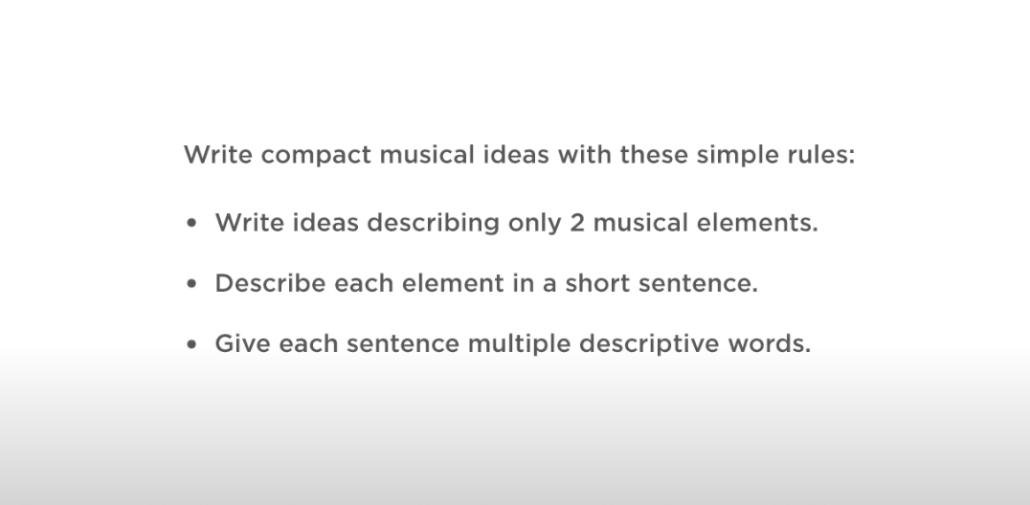
So this would be an example:
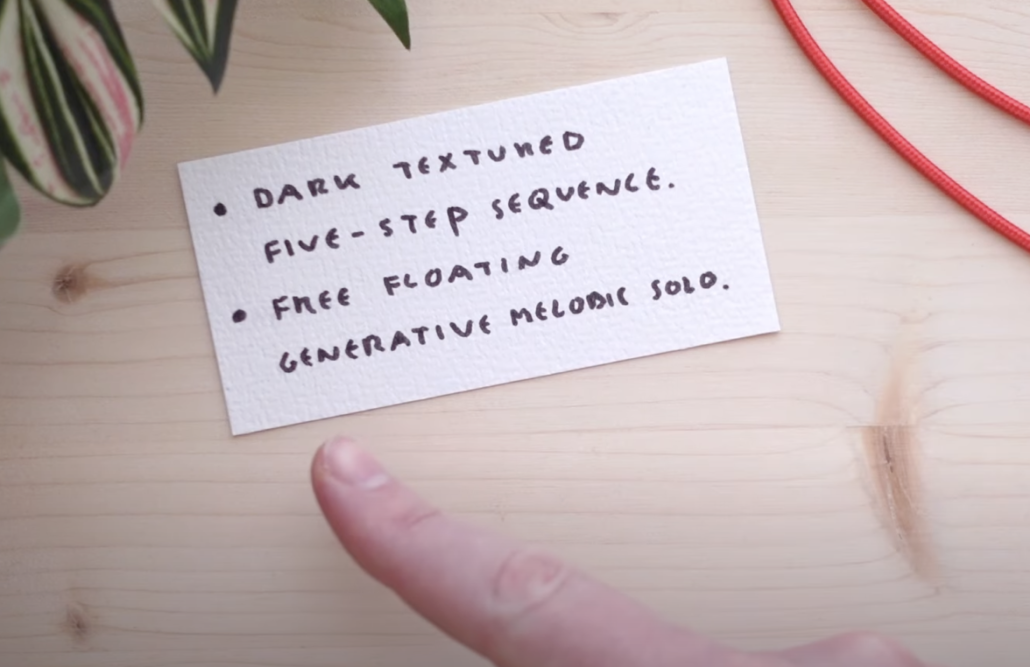
We often forget that songs are a collection of sounds and sounds that evolve on their own, maybe for a short lapse or during the entire song. The idea of creating miniature becomes useful because you’re creating ideas that can later be included in a song. Thinking of music production in a modular way (not modular synth) can help you work on different elements of your songs before diving into arrangements.
One of my principal sources of guilty pleasure is to find fun loops on Splice as a starting point so building my loops is valuable for making songs later.
Envelopes and macro envelopes
One element that we approached in sound design is how envelopes shape sounds as their shape. But when thinking of miniatures or songs, it can be useful to think of a macro envelope. What I mean here is how you have an evolution within the entire song.
One exercise Sarah gave us for a performance is to draw the shape of how your song or pattern evolves over the entire experience. It could start abruptly, then fade, and then increasingly get louder until the end. If you’re a Shaperbox user like me, you know you can use its internal envelopes to shape amplitude or filter over a long period. It becomes handy if you want slow modulation repeating.
If you want some Miniature ideas, I’d encourage you to watch the video up there. I got some instant inspiration for my sounds.

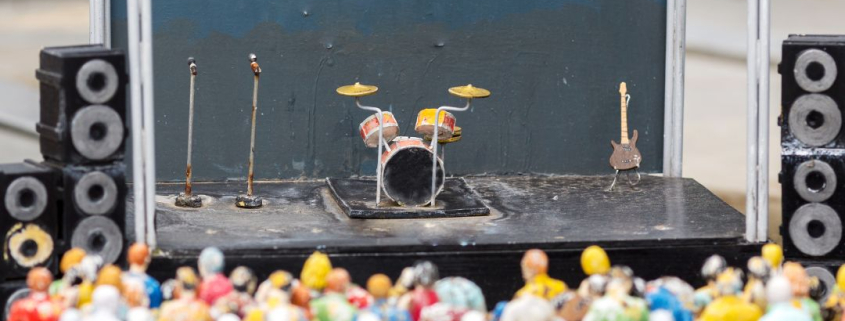


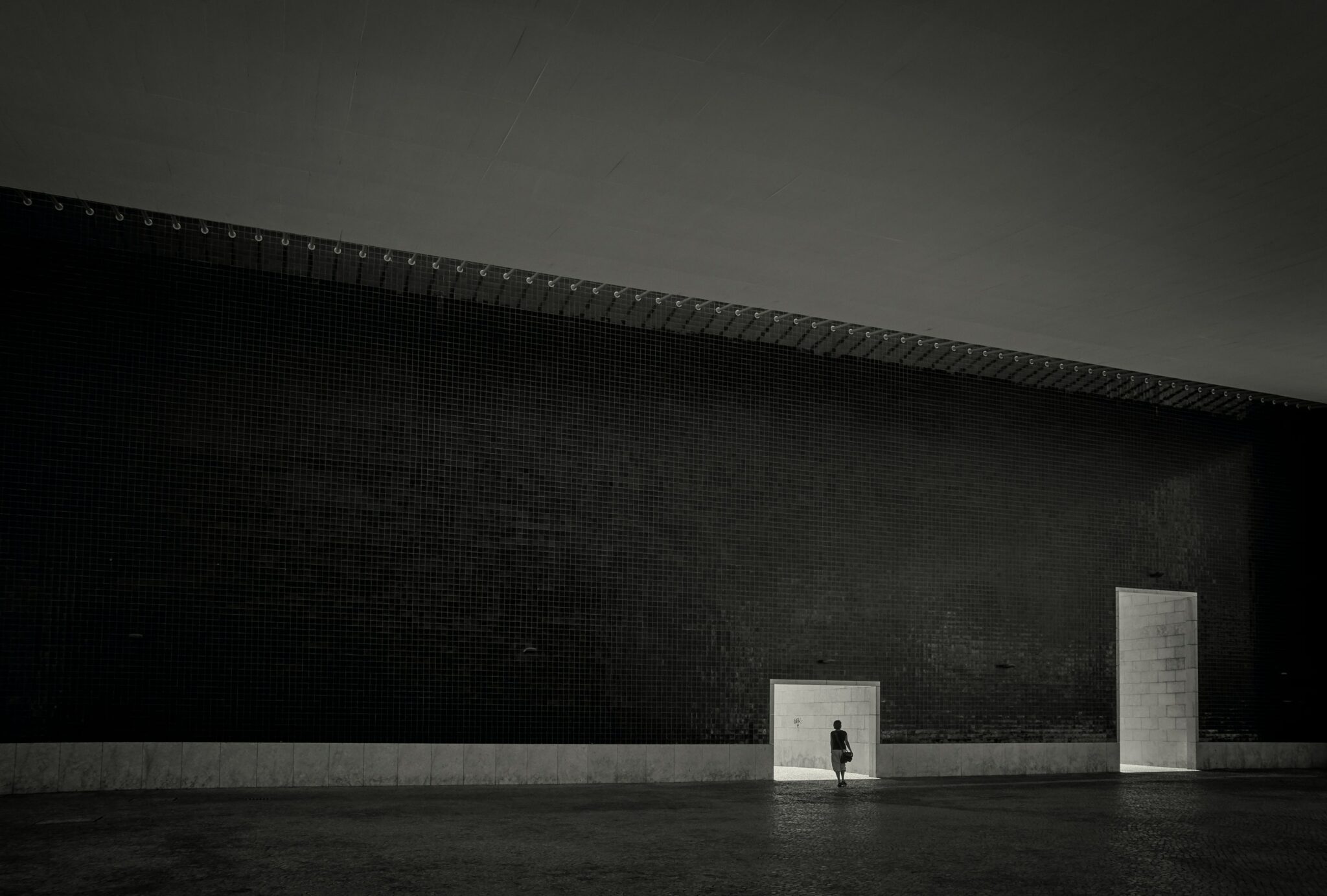
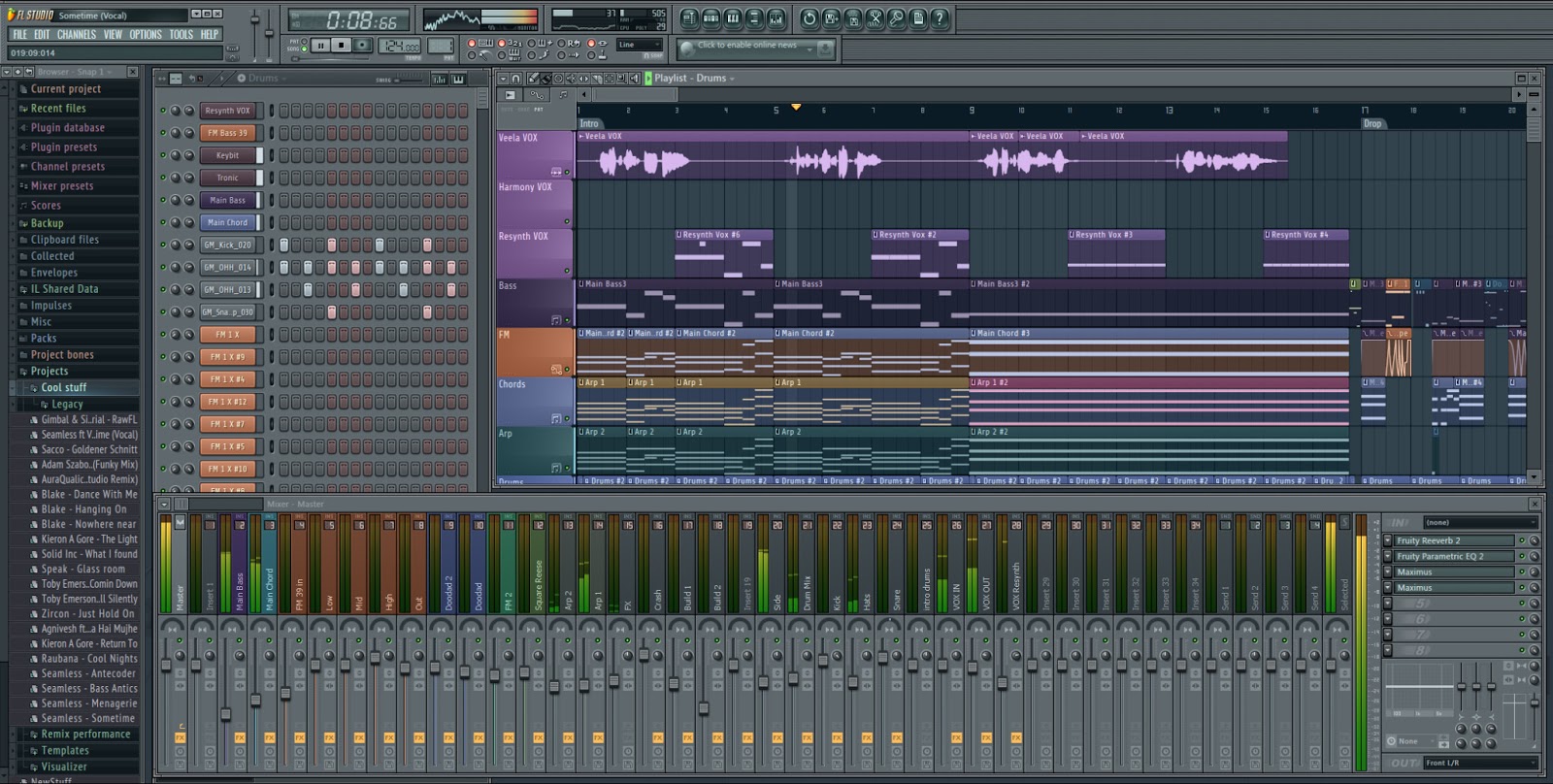
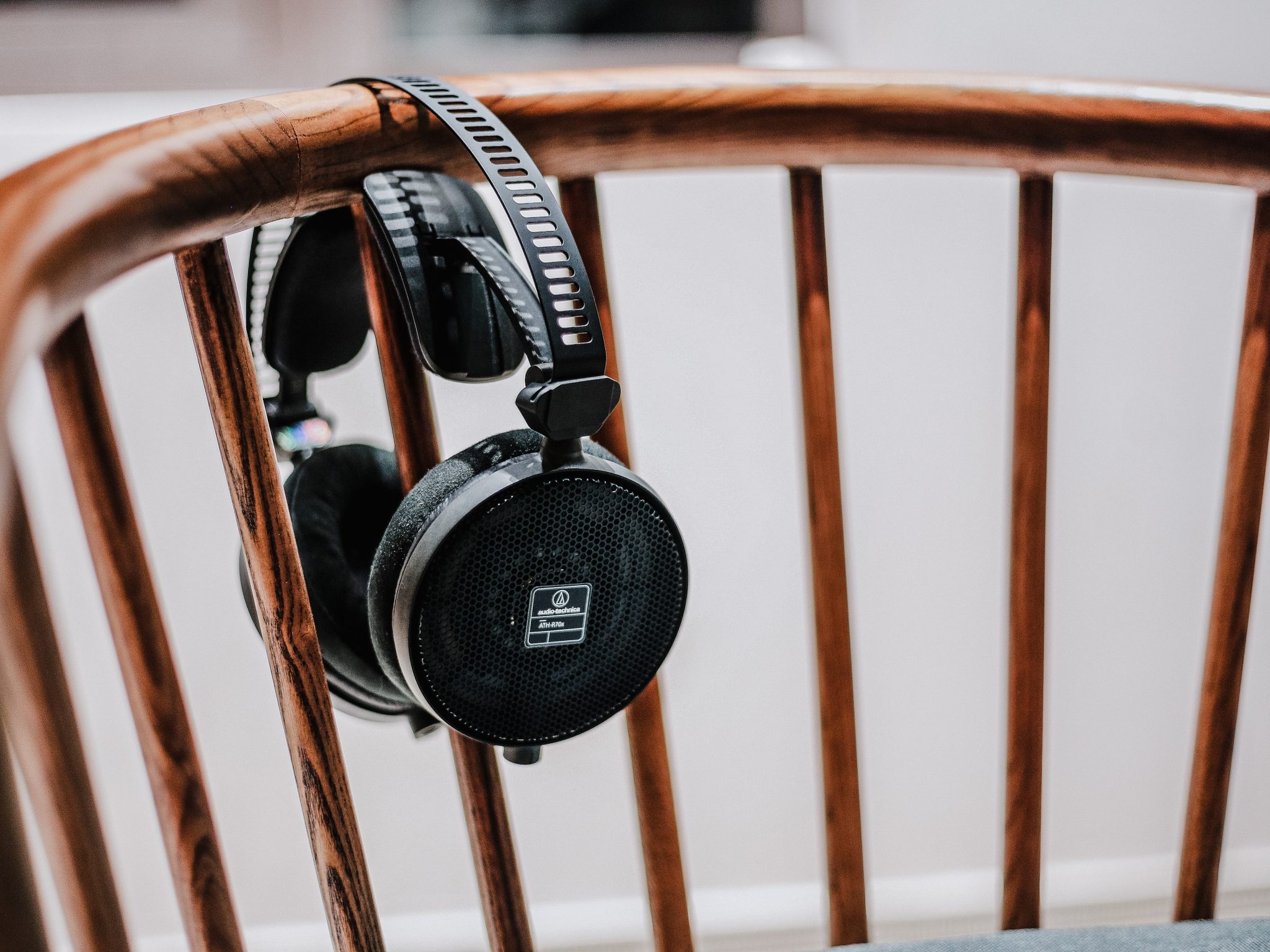





Leave a Reply
Want to join the discussion?Feel free to contribute!